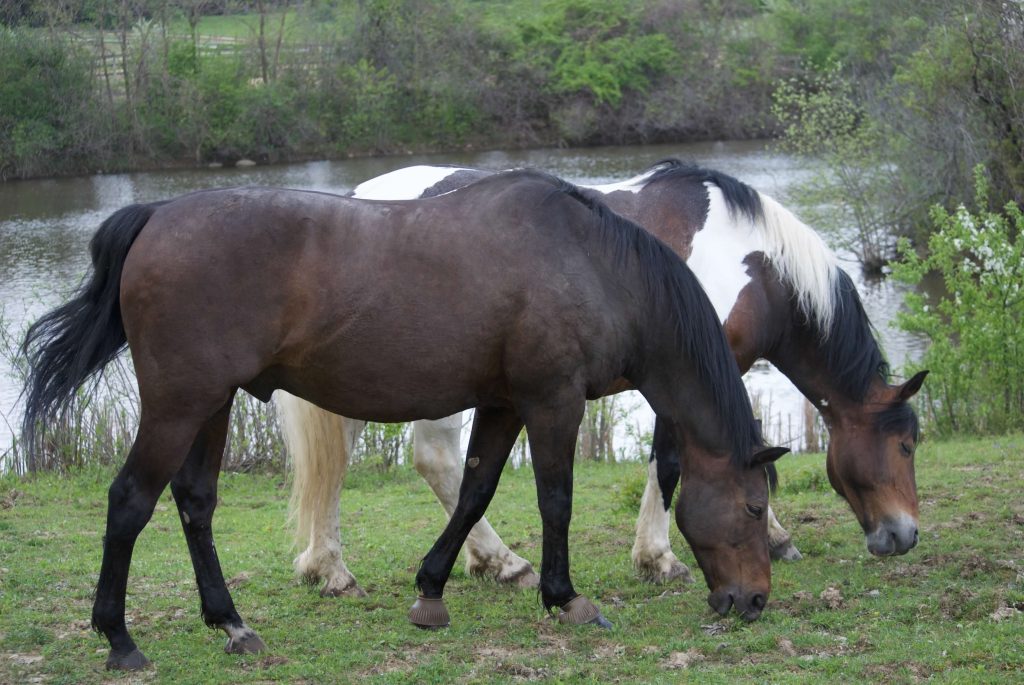
Research Study with New York University
In 2021, Fieldstone Farm embarked on a research study with New York University to better understand the benefits of therapy with horses for youth with anxiety. Led by Fieldstone Farm’s Aviva Vincent, PhD, LSW, Director of Program Quality, and a team of psychologists and researchers from NYU, we enrolled 39 students, ages 6-16, in a 10-week study in which we analyzed saliva, testing levels of cortisol (indicator of stress) and oxytocin (indicator of relaxation) before and after riding. We also interviewed students and caregivers to assess mood changes and perceptions of bonding with horses during the sessions. In advance of the study, instructors were trained to deliver “Reining in Anxiety,” a curriculum using cognitive behavioral therapy (CBT) during riding lessons, to teach skills to help ease anxiety.
The result? The research showed that after riding, students were more relaxed and anxiety symptoms decreased. Students were also better able to regulate emotions. Our instructors had employed CBT tools true to the curriculum during lessons, all of which enriched our students’ experiences. The study proved what we know – horses help us to relax and relieve anxieties.
The study also examined how horses respond to working with students by testing their cortisol and oxytocin before and after lessons. It turns out that the horses were neither more or less stressed, proving that therapy work does not induce negative stress in our horses.
This research has expanded our knowledge of the therapeutic benefits of working with horses. It also demonstrated that instructors, not just licensed therapists, are successful in delivering a CBT intervention when trained and supported.
Fieldstone Farm actively conducts studies to gain a greater understanding of the impact of therapy with horses on people with all types of challenges. To learn more about our research, contact Aviva Vincent, Director of Program Quality, (440) 708-0013 or avincent@fieldstonefarm.org.
You may read the full study that was published.
Then can we create links to the other research -- or should we write summaries.
